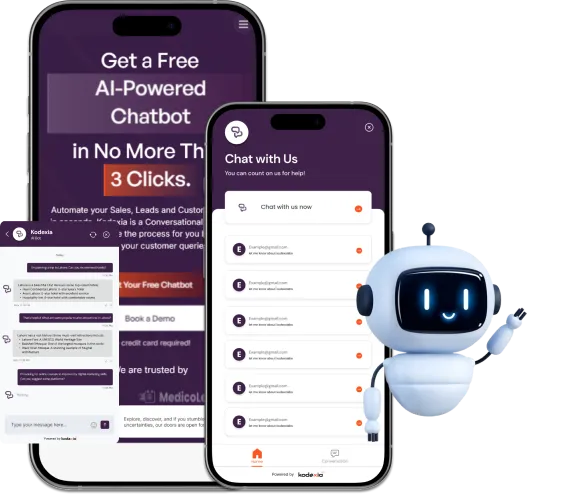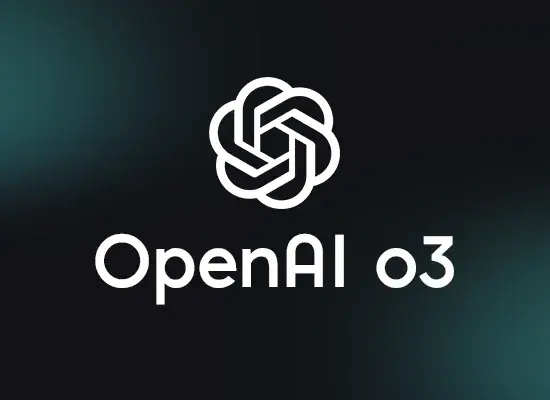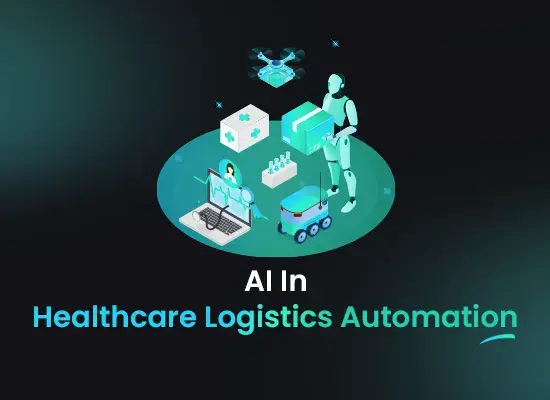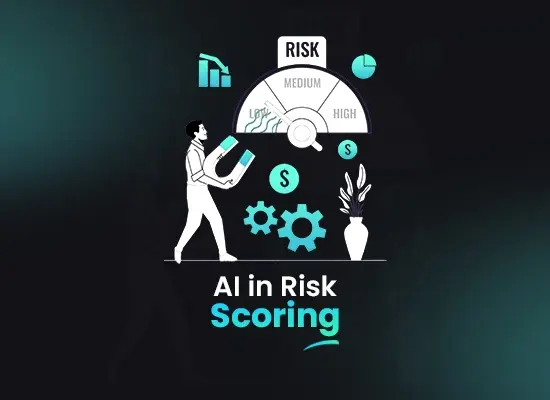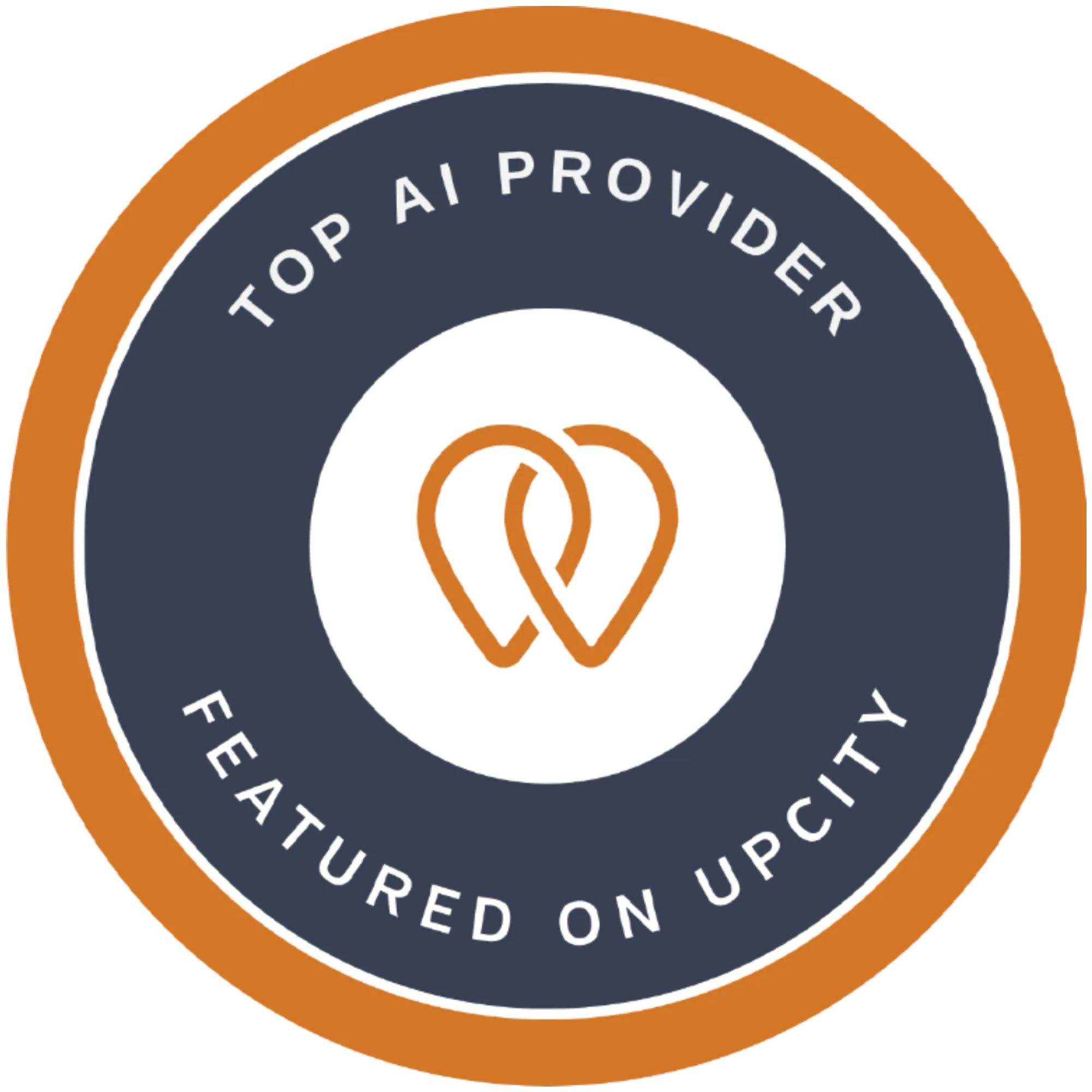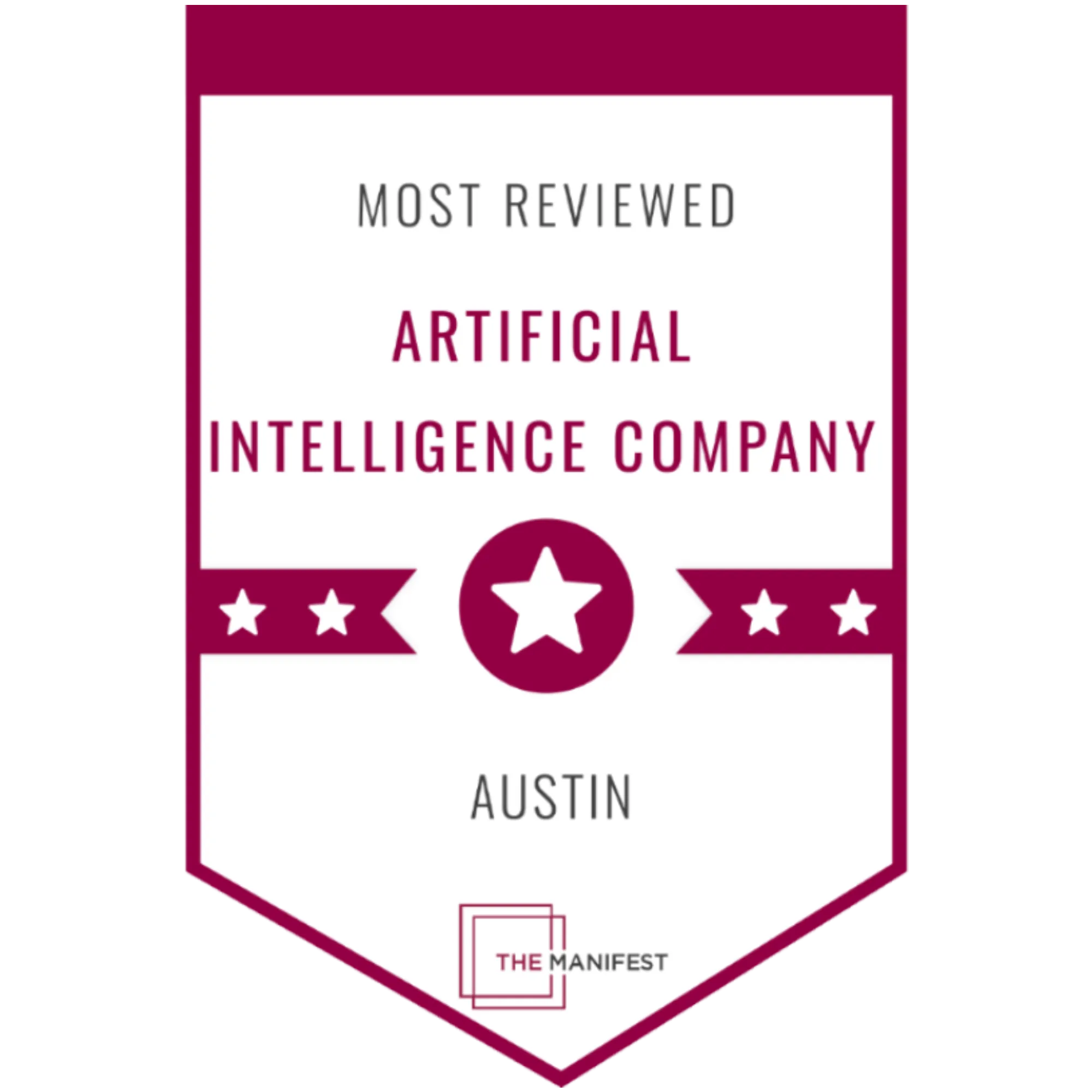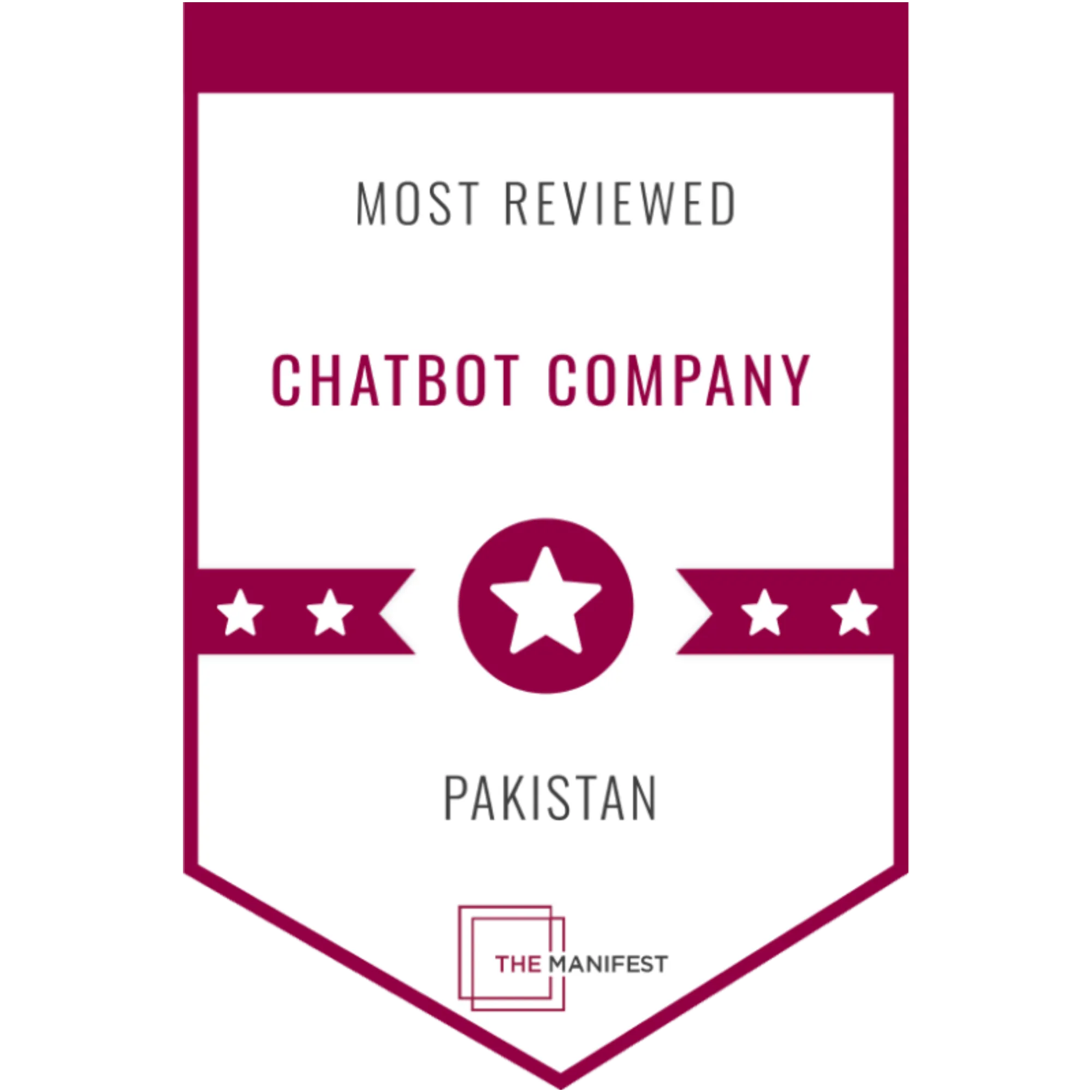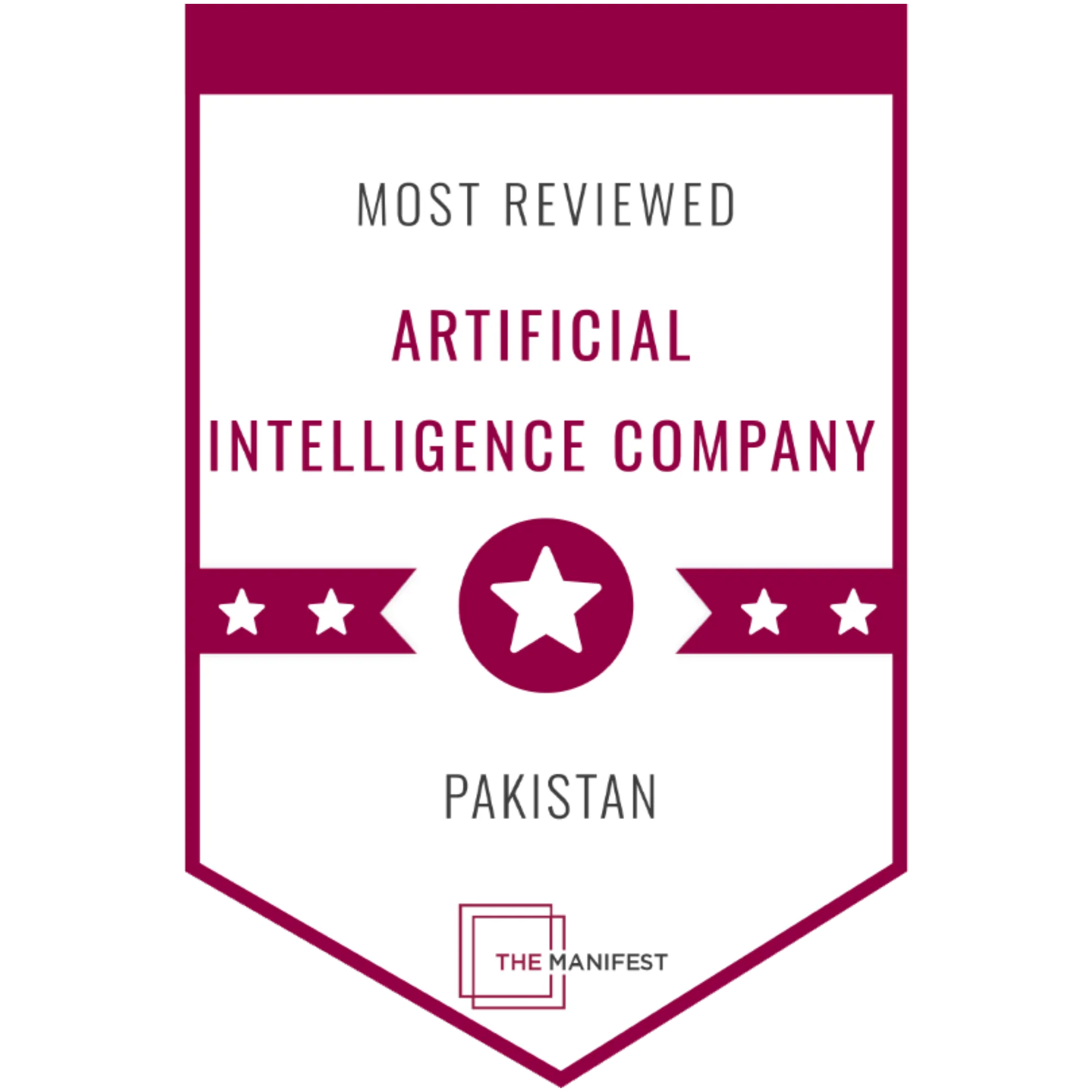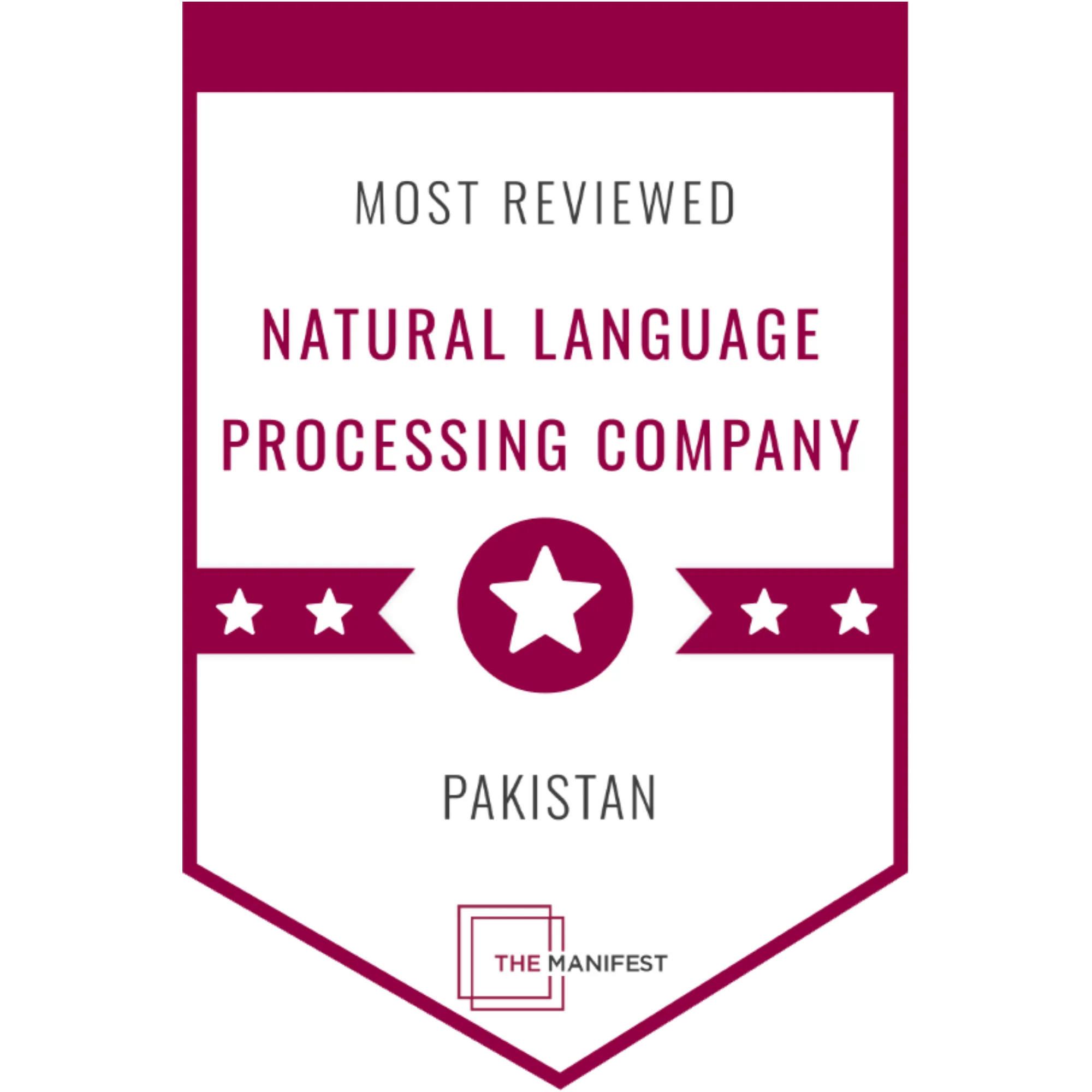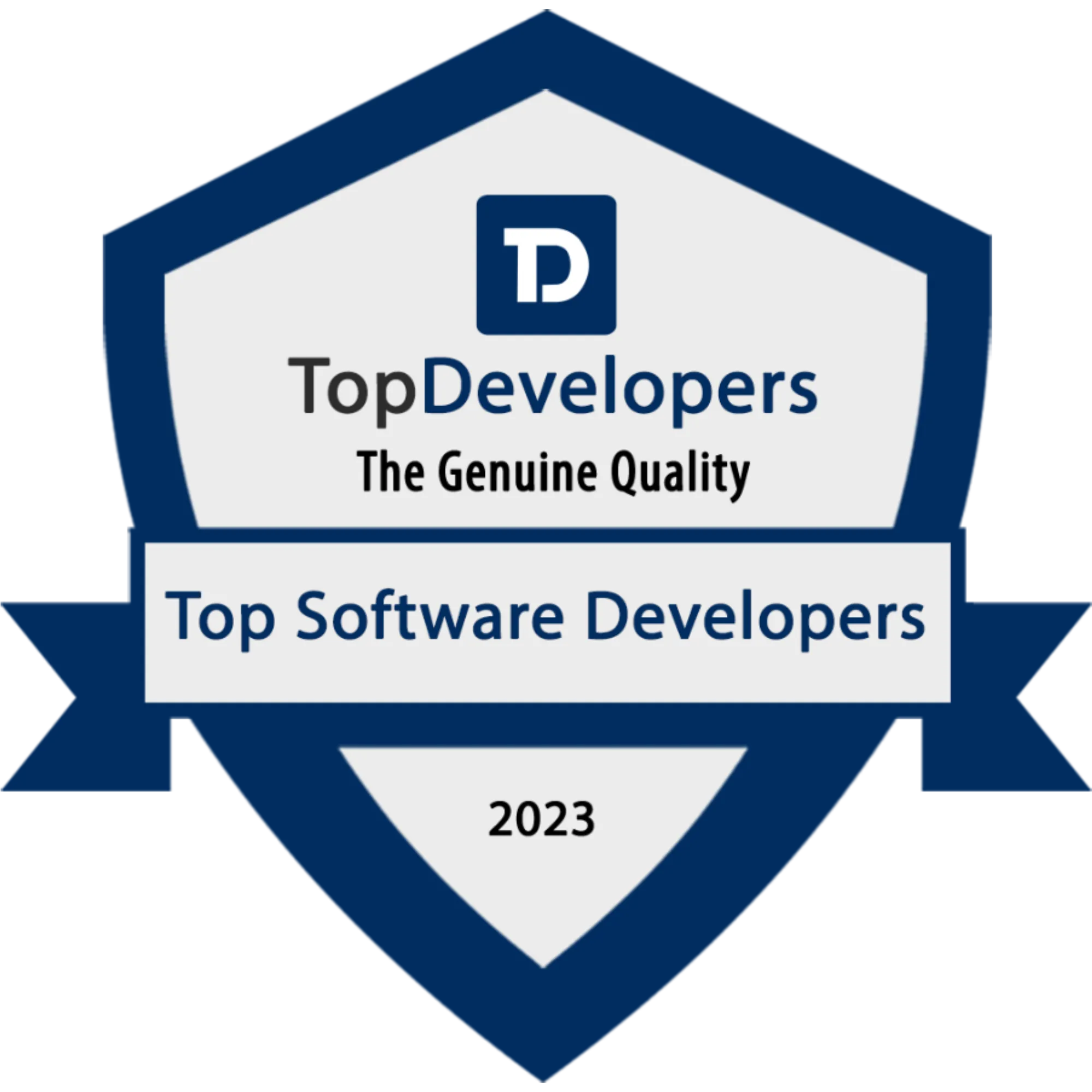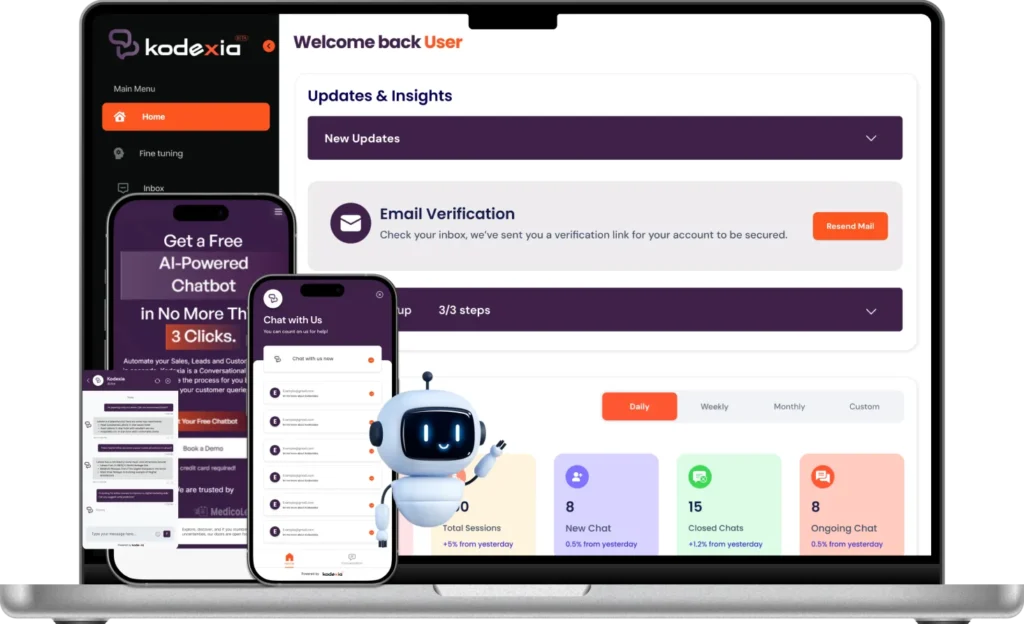AI in Population Health Management – Health Management made Easier by Artificial Intelligence

Contents
The healthcare industry is constantly seeking methods to improve population health, focusing on preventative care and proactive management of entire patient groups. Traditional healthcare approaches often struggle with the vast amount of data available. This is where Artificial Intelligence (AI) steps in. AI offers a powerful set of tools and techniques that can revolutionise population health management by analysing vast datasets, identifying at-risk populations, and predicting potential health issues. By using AI, healthcare organisations can move from reactive to preventive care, ultimately aiming to improve population health outcomes and reduce overall healthcare costs.
What is Meant By Population Health Management?
Population health management (PHM) has emerged as a critical concept in modern healthcare. It signifies a strategic shift from focusing solely on individual patient care to managing the overall health of a defined group of people. This population could be a specific community, a patient group with a particular condition, or even the entire clientele of a healthcare organisation.
PHM emphasises proactive measures to improve population health outcomes. This involves utilising data analysis and artificial intelligence (AI) in healthcare to identify at-risk individuals, predict potential health problems, and intervene early. AI in management empowers healthcare providers to leverage vast amounts of patient data, pinpointing trends and risk factors within the population they manage.
Effectively implementing population health management requires a comprehensive approach. Healthcare providers need to move beyond simply treating illnesses and delve into population care. This means understanding the social determinants of health that can influence a population’s overall well-being. Factors like socioeconomic status, access to healthy food and education, and environmental conditions all play a role in population health. By considering these factors alongside medical data, healthcare providers can develop targeted interventions to address the specific needs of their population.
Through population health management, healthcare organisations strive to achieve the “Triple Aim”: improving the patient experience, enhancing population health outcomes, and reducing overall healthcare costs. AI in management plays a crucial role in achieving this aim by allowing for efficient analysis of vast datasets and the development of cost-effective care plans for the population. Population health management is a dynamic field, constantly evolving with advancements in medical technology and data analysis techniques. As AI in healthcare continues to develop, its role in population health management will only become more significant, paving the way for a future of proactive and preventative healthcare for entire populations.

What is the Role of AI in Population Health Management?
Population health management (PHM) focuses on improving the overall health of a community by identifying and addressing the needs of entire populations, rather than just individual patients. Traditionally, population management relied on analysing broad trends and demographics. However, the emergence of Artificial Intelligence in healthcare (AI in healthcare) has revolutionised PHM, offering a powerful set of tools to improve population care.
AI in management, particularly machine learning algorithms, can analyse vast amounts of data from various sources, including electronic health records, insurance claims, wearable devices, and social determinants of health data. This data encompasses medical history, demographics, lifestyle choices, and environmental factors. By analysing these complex datasets, AI can identify patterns and trends that would be difficult, if not impossible, for humans to detect.
This newfound ability to glean insights from population data empowers healthcare providers with a deeper understanding of their patient populations. AI can be used to predict health risks, stratify populations based on those risks, and ultimately, target interventions and preventive measures to the most vulnerable individuals or communities. This targeted approach allows for more efficient use of resources and can significantly improve population health outcomes
For instance, AI can analyse patient data to identify individuals at high risk of developing chronic diseases such as diabetes or heart disease. With this knowledge, healthcare providers can proactively reach out to these individuals and offer preventive care programs or educational resources. This can help delay or even prevent the onset of these diseases, leading to a healthier population and reduced healthcare costs.
Overall, AI in management is transforming population health management by enabling a more data-driven and proactive approach to population care. By using the power of AI, healthcare providers can gain a deeper understanding of their populations, identify those most at risk, and intervene early to improve overall population health.
11 Ways Artificial Intelligence in Healthcare Can Benefit Businesses:
The healthcare industry is undergoing a significant transformation driven by AI in healthcare. This powerful technology offers a multitude of benefits for businesses within the healthcare sector, from improving efficiency to enhancing patient care. One of the most impactful areas of AI in healthcare is population health management.
Population health management focuses on improving the overall health of a defined group of people, often a community or a group of patients with similar health conditions. Traditionally, population management has relied on manual data analysis and intervention strategies. However, AI in management can revolutionise this process. AI algorithms can analyse vast amounts of medical data, including patient records, claims data, and public health information. This allows healthcare businesses to identify individuals at risk for chronic diseases, predict potential outbreaks, and develop targeted interventions for improved population care. By using AI in healthcare, businesses can achieve significant improvements in population health management. Here are 11 specific ways AI can benefit businesses in this domain:
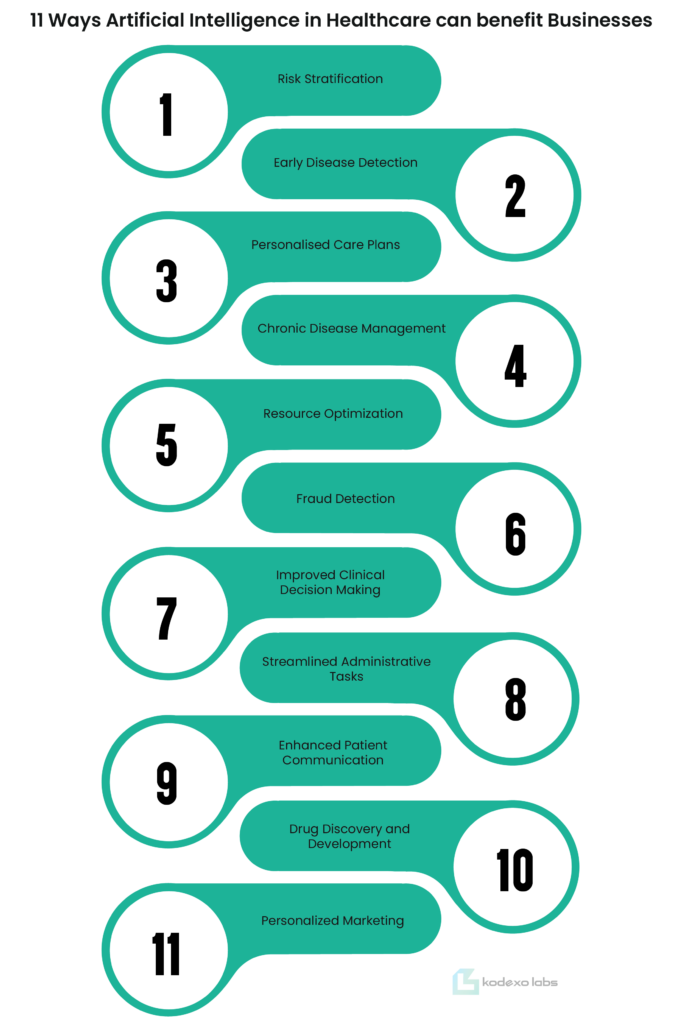
1- Risk Stratification:
AI can analyse patient data to identify individuals at high risk for developing specific diseases. This allows businesses to prioritise preventive care efforts and allocate resources more effectively.
2- Early Disease Detection:
AI algorithms can detect patterns in medical data that may indicate the early stages of disease. This enables early intervention, leading to better patient outcomes and reduced healthcare costs.
3- Personalised Care Plans:
AI can be used to develop personalised care plans for patients based on their individual health needs and risk factors. This approach to population care can significantly improve patient engagement and adherence to treatment plans.
4- Chronic Disease Management:
AI can assist healthcare providers in managing chronic conditions like diabetes or heart disease. AI-powered virtual assistants can remind patients to take medications, monitor vital signs, and provide educational resources.
5- Resource Optimization:
AI can analyse data to identify areas where healthcare resources are being underutilised or overutilized. This allows businesses to optimise resource allocation and improve operational efficiency.
6- Fraud Detection:
AI can be used to detect fraudulent claims within the healthcare system. This not only saves businesses money but also helps ensure that resources are directed towards legitimate patient care.
7- Improved Clinical Decision Making:
AI can analyse vast amounts of medical research and clinical data to help healthcare providers make more informed clinical decisions. This can lead to improved patient outcomes and reduced medical errors.
8- Streamlined Administrative Tasks:
AI can automate many administrative tasks such as scheduling appointments, managing patient records, and generating reports. This frees up valuable time for healthcare professionals to focus on patient care.
9- Enhanced Patient Communication:
AI-powered chatbots can provide patients with 24/7 access to information and support. This can improve patient satisfaction and reduce the workload on healthcare staff.
10- Drug Discovery and Development:
AI can be used to accelerate drug discovery and development by analysing large datasets of genetic and molecular information. This can lead to the development of new and more effective treatments for diseases.
11- Personalized Marketing:
AI can be used to develop targeted marketing campaigns for healthcare services. This can help businesses reach the right audience with the right message at the right time.
In conclusion, AI in healthcare offers a wide range of benefits for businesses within the healthcare sector. By using AI for population health management, businesses can improve patient care, optimise resources, and achieve greater efficiency. As AI technology continues to evolve, its impact on healthcare is likely to become even more profound.
How is the Use of Generative AI in Population Management?
Population health management (PHM) is a strategy that focuses on the overall health of a community. It aims to improve population care by identifying at-risk individuals and implementing preventative measures. Traditionally, PHM relies on analysing vast datasets to understand trends and predict health outcomes. However, the recent advancements in artificial intelligence in healthcare (AI in healthcare) are introducing a powerful tool: generative AI.
Generative AI is a subfield of AI that focuses on creating new data, like text, images, or even code. In the context of population management, generative AI can analyse existing health data to identify patterns and relationships that might be missed by traditional methods. This allows for more accurate risk prediction and the development of targeted interventions for specific populations.
For instance, generative AI development can be used to analyse medical records, genetic information, and environmental factors to pinpoint individuals at high risk of developing chronic diseases. This empowers healthcare providers to proactively engage with these individuals, offering preventative measures and personalised care plans. This not only improves individual health outcomes but also reduces the overall burden on healthcare systems by preventing future complications.
Furthermore, generative AI integration can be used to create synthetic patient populations. These simulated populations allow researchers to test the effectiveness of new treatment protocols and public health initiatives in a virtual environment before real-world implementation. This not only saves time and resources but also minimises potential risks associated with real-world trials.
The use of generative AI in population management is still in its early stages, but it holds immense promise for the future of population care. As AI in management continues to evolve, so too will its applications in PHM. By using the power of generative AI in healthcare professionals can gain deeper insights into population health trends, develop more effective interventions, and ultimately create a healthier future for all.
4 Ways Machine Learning (ML) helps Businesses excel at Population Care:
In today’s healthcare landscape, businesses are increasingly turning to artificial intelligence (AI) in healthcare, specifically machine learning (ML), to excel at population care. Population care, also known as population health management, focuses on the health of a defined group of individuals, aiming to improve overall health outcomes and reduce costs. Machine learning, a powerful subset of AI, allows businesses to analyse vast amounts of data related to a population, uncovering hidden patterns and trends that can be leveraged to optimise population management strategies. Here’s how AI and Machine Learning development empower businesses to excel at population care:

1. Predictive Analytics and Risk Stratification:
ML algorithms can analyse patient data, including demographics, medical history, and social factors, to identify individuals at high risk of developing certain health conditions. This allows businesses to proactively intervene with preventive measures and targeted outreach programs. Population health management initiatives informed by ML can predict potential health issues before they arise, leading to earlier intervention and improved patient outcomes.
2. Personalized Care and Resource Allocation:
By analysing vast datasets, ML can help businesses understand the specific needs and preferences of different patient subgroups within a population. This enables the delivery of personalised care plans, ensuring interventions are tailored to individual needs. Additionally, ML can optimise resource allocation by directing resources towards those who need them most, leading to a more efficient and effective population care system.
3. Early Disease Detection and Intervention:
Machine learning can analyse patient data to identify early signs and symptoms of chronic diseases. This allows for early intervention, which can significantly improve patient outcomes and reduce healthcare costs. Population health management strategies powered by ML can not only predict potential health issues but also detect existing ones earlier, leading to more timely treatment and better overall health for the population.
4. Improved Care Coordination and Communication:
ML can facilitate communication and collaboration between different healthcare providers involved in a patient’s care. By analysing patient data, ML can identify potential gaps or inconsistencies in care plans. This allows for improved care coordination, ensuring patients receive seamless and holistic healthcare. AI in management, particularly through the power of machine learning, fosters better communication and collaboration within the healthcare system, ultimately leading to better population care.
What is the Role of Deep Learning (DL) in Population Health Management?
Population health management (PHM) focuses on improving the overall health of a defined community. This can encompass entire cities, regions, or even specific patient groups managed by a healthcare provider. Traditionally, population management relied on analysing broad trends and interventions. However, the rise of artificial intelligence in healthcare (AI in healthcare) has opened doors for a more granular approach. Deep learning (DL), a powerful subset of AI, is transforming how we handle population care.
Deep learning excels at finding complex patterns within vast datasets. In PHM, this translates to analysing mountains of patient data, including electronic health records, social determinants of health, and even genetic information. By sifting through this data, DL algorithms can identify individuals or groups at high risk for developing chronic diseases, predicting potential health outcomes within a population. This empowers healthcare providers to take proactive measures in population care.
Imagine a scenario where AI in management, specifically deep learning, can analyse a community’s health data and predict a surge in diabetes cases. Armed with this knowledge, healthcare providers can launch targeted prevention campaigns, promoting healthy lifestyles and facilitating early detection programs. This not only improves the overall health of the population but can also alleviate the burden on healthcare systems by preventing avoidable hospitalizations.
Deep learning’s potential in PHM extends beyond disease prediction. It can be used to identify individuals who are most likely to benefit from specific interventions or struggle with treatment adherence. This allows for personalised care plans and targeted outreach programs, ensuring that resources are allocated efficiently within the population being managed. Ultimately, deep learning offers a powerful tool to improve population health outcomes and pave the way for a more proactive and sustainable healthcare system.
What is the Role of Deep Learning (DL) in Population Health Management?
Artificial intelligence (AI) is rapidly transforming the healthcare landscape, offering new possibilities for diagnosis, treatment, and preventative care. But implementing these advancements comes with a cost. Understanding the estimated development costs of AI in healthcare can help organisations decide if and how to invest in this powerful technology.
There’s a common misconception that AI development solutions is only within reach of tech giants. The good news is, with advancements in computing power and algorithms, AI development has become more affordable. The cost can vary significantly depending on the complexity of the solution.
At the most basic level, a Minimum Viable Product (MVP) – a stripped-down version of an AI-powered healthcare application – can cost anywhere between $8,000 and $15,000. This is a good option for those wanting to test the waters of AI and get a feel for its potential benefits.
How to Acquire State of The Art Population Health Management?
Population health management (PHM) focuses on improving the overall health of a defined community. State-of-the-art PHM goes beyond simply treating illnesses; it proactively identifies at-risk individuals and implements strategies to prevent disease and improve well-being. Here’s a breakdown of key aspects to consider when acquiring such a system:
1. Care Coordination and Care Gaps:
Fragmented care delivery can lead to missed opportunities for prevention and early intervention. Best-in-class PHM systems promote care coordination across different healthcare providers. They identify and address care gaps, ensuring individuals receive the right care at the right time.
2. Patient Engagement:
Empowering individuals to take charge of their health is vital for successful PHM. Modern systems provide patients with educational resources, self-management tools, and secure access to their health data. This fosters a collaborative approach to health improvement.
3. Continuous Improvement and Evaluation:
The field of population health management is constantly evolving. The best PHM programs are designed to be adaptable and incorporate ongoing evaluation. Regular data analytics allows for continuous improvement of strategies and interventions to ensure optimal population health outcomes.
By focusing on these key elements, healthcare organisations can acquire a state-of-the-art PHM program that improves population health, reduces healthcare costs, and fosters a more proactive approach to wellness.

How can Kodexo Labs Help Healthcare Businesses Get an Edge for AI in Management?
The healthcare industry is rapidly embracing artificial intelligence (AI) for its transformative potential in managing operations, improving patient care, and optimising outcomes. However, navigating the complexities of AI implementation can be a challenge. This is where Kodexo Labs comes in, offering a comprehensive suite of services designed to empower healthcare businesses and give them a competitive edge in the age of AI-driven healthcare management. Here’s how Kodexo Labs can equip healthcare businesses to excel in utilising AI:

1- Strategic Implementation:
Kodexo Labs goes beyond simply offering AI solutions. They work collaboratively with healthcare providers to understand their specific needs and goals. This in-depth analysis ensures that the implemented AI systems align seamlessly with existing workflows and long-term objectives.
2- Customizable Solutions:
A one-size-fits-all approach doesn’t work in healthcare. Kodexo Labs recognizes this and develops AI solutions that are tailored to address the unique challenges faced by each healthcare business. This custom product development ensures that the implemented AI delivers the most impactful results.
3- Data Integration & Analytics:
AI thrives on data. Kodexo Labs assists healthcare businesses in effectively integrating data from disparate sources, creating a unified platform for AI analysis. This not only streamlines data management but also empowers AI with a comprehensive view for more accurate insights.
4- AI-Powered Personalization:
The future of healthcare lies in personalised medicine. Kodexo Labs uses AI to personalise treatment plans, patient education, and even preventative care strategies. This patient-centric approach improves engagement and leads to better health outcomes.
5- Enhanced Efficiency & Accuracy:
AI excels at automating repetitive tasks and analysing vast amounts of data with exceptional accuracy. Kodexo Labs helps healthcare businesses harness this power to streamline administrative processes, reduce human error, and free up valuable time for medical professionals to focus on patient care.


